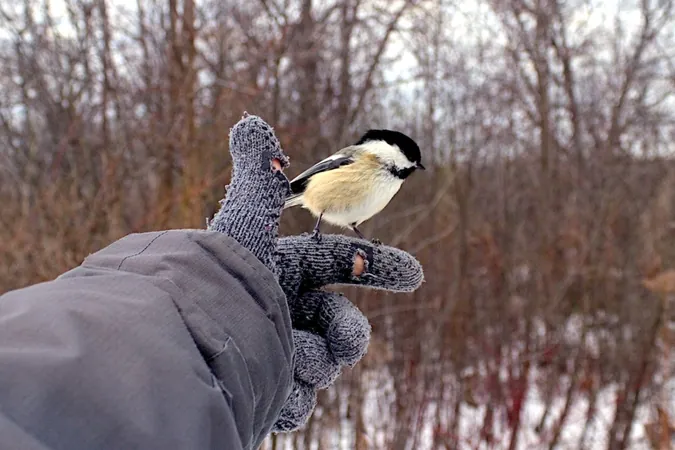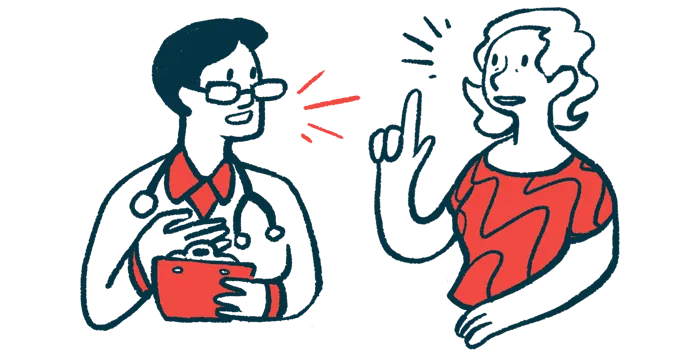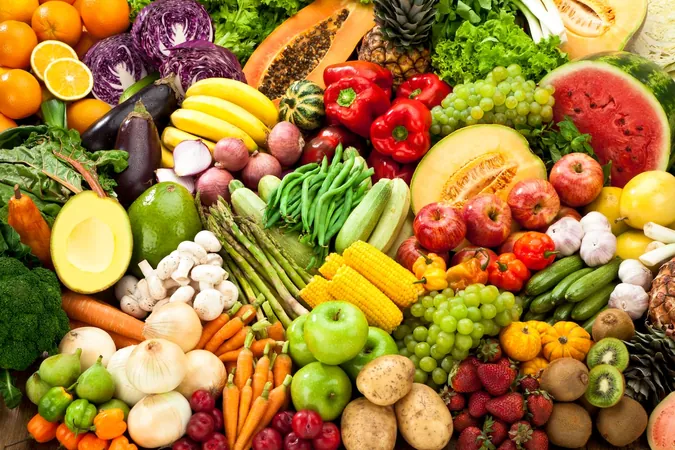
Bird-Flu Fears Prompt Wye Marsh to Ban Chickadee Feeding – What You Need to Know!
2025-01-01
Author: Amelia
Bird-Flu Fears Prompt Wye Marsh to Ban Chickadee Feeding
Visitors to the popular Wye Marsh Wildlife Centre have long enjoyed the delightful experience of walking among friendly chickadees, who eagerly land on outstretched hands for a snack. However, recent health concerns surrounding the H5N1 avian flu virus have led the centre to put the brakes on this cherished activity.
Kim Hacker, the centre's executive director, explained that although chickadees are not the primary carriers of H5N1, the virus, which gained notoriety in 2022, poses risks to a variety of bird species. Symptoms in infected birds can include lethargy and difficulty flying, serving as alarming warnings to both wildlife and humans.
The Wye Marsh staff first learned about the dangers of avian flu through a notification from the Canada Wildlife Service under Environment and Climate Change Canada. “While this virus has predominantly affected shorebirds like swans and ducks, it can also infect songbirds,” Hacker emphasized.
In an effort to mitigate risks, particularly during the COVID-19 pandemic, the centre removed seed dispensers and discouraged visitors from feeding the birds by hand. What was initially seen as a temporary precaution has now turned into a more extended measure as concerns over the flu escalated, particularly after the devastating effects on poultry farms in Canada and even outbreaks reported in beef cattle in the U.S.
Adding to the urgency was a November incident involving a teenager in British Columbia who was hospitalized after contracting H5N1, prompting greater caution across the nation. In the U.S., at least 65 cases were reported among farm workers in 2024, raising alarm bells for local wildlife populations.
As the situation developed, Wye Marsh stepped up its biosecurity measures for the safety of both humans and birds. “While we can’t physically police the property, we ask our visitors to respect the guidelines and refrain from feeding the chickadees,” Hacker noted. The staff diligently informs visitors of the potential risks associated with close bird interactions and has placed clear signage throughout the facility.
Despite the need for caution, Hacker shared that staff have faced frustration from some upset visitors. “It's heartbreaking for both our team and our visitors; we all cherish that experience. However, safety has to come first,” she stated.
With the ongoing avian flu threat, residents are advised to practice good hygiene after any interactions with birds, including washing hands thoroughly and regularly cleaning bird feeders to limit exposure.
Hacker further urged the public to assist wildlife conservation efforts by reporting any birds exhibiting unusual behavior, which can be documented through photos or videos for the centre’s staff.
Tragically, in December, a trumpeter swan named Charles passed away at Wye Marsh, with investigations into the cause of death ongoing. Although H5N1 is considered a low-probability cause, the unfortunate event underscores the importance of vigilance in protecting wildlife.
Excitingly, Wye Marsh is set to host two upcoming winter events: the “Marsh by Moonlight” snowshoe series on January 31 and February 1, as well as February 7 and 8, allowing participants to enjoy guided snowshoe walks through the beautiful marshland. Additionally, “Snowshoe Ecotours” will provide a unique three-hour private tour experience for small groups.
With these changes and events happening, Wye Marsh continues to be a vital part of wildlife conservation, even in the face of challenges like H5N1. Make your plans to visit and support this natural haven—just don’t forget to respect the new rules for everyone’s safety!









 Brasil (PT)
Brasil (PT)
 Canada (EN)
Canada (EN)
 Chile (ES)
Chile (ES)
 Česko (CS)
Česko (CS)
 대한민국 (KO)
대한민국 (KO)
 España (ES)
España (ES)
 France (FR)
France (FR)
 Hong Kong (EN)
Hong Kong (EN)
 Italia (IT)
Italia (IT)
 日本 (JA)
日本 (JA)
 Magyarország (HU)
Magyarország (HU)
 Norge (NO)
Norge (NO)
 Polska (PL)
Polska (PL)
 Schweiz (DE)
Schweiz (DE)
 Singapore (EN)
Singapore (EN)
 Sverige (SV)
Sverige (SV)
 Suomi (FI)
Suomi (FI)
 Türkiye (TR)
Türkiye (TR)
 الإمارات العربية المتحدة (AR)
الإمارات العربية المتحدة (AR)